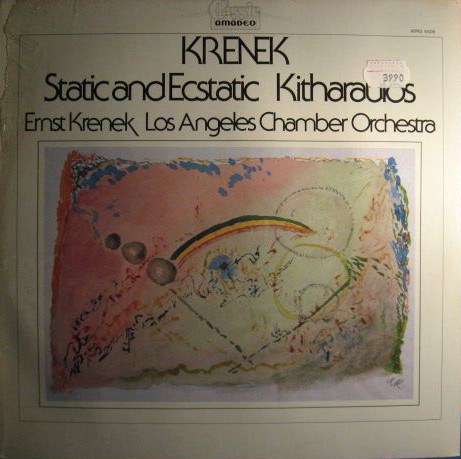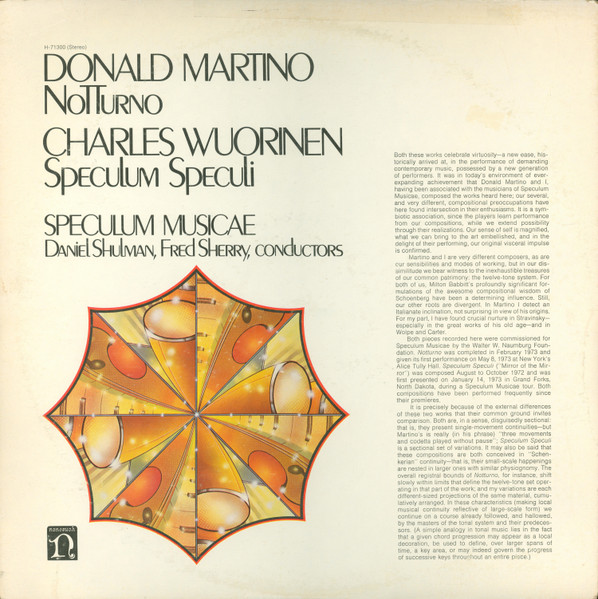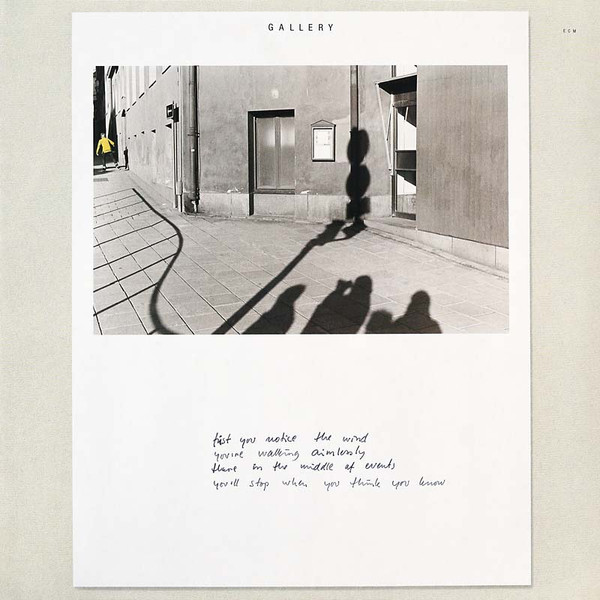@newbee touches on this above.
The TL;DNR version.
When I am evaluating gear, I want to, initially at least, use recordings with the least possible amount of studio effects and manipulation. I want the instruments to be as purely recorded as possible, in order to be able to determine the overall accuracy of the gear. For me, this (at least at the beginning) leaves out the vast majority of mainstream studio recordings.
The vast majority of audiophiles and melophiles know what acoustic violins, pianos, percussion, woodwinds, etc sound like in person, in an acoustic space. So, when we hear a recording of them, we have a real world referent to compare it against, and determine if the gear is reproducing the instruments faithfully. This provides a baseline of sorts.
But with all those well respected recordings (some mentioned here):and others, like Steely Dan, Dire Straits, Fleetwood Mac, Eagles, etc, how are we supposed to know: what effects were employed in the studio (how many overdubs, delay, echo, panning, phasing, etc, etc)? We don’t know what effects the guitarist was using on the guitar, what settings were used on organ or electric piano, or the EQ setting on the vocalist, etc.
The result is, we have no idea what the instruments actually sounded like at the time of the recording, so we have no idea if the system is reproducing them accurately. I am not saying the recording won’t sound good, just that we can’t tell of the gear is accurate.
Even before I was a fan of classical music, I still understood that classical recordings were the best for evaluating gear. Simply because there are substantially less unknowns between what was originally recorded, and what is being reproduced. Acoustic jazz is a very close 2nd choice.
All those attributes we want to evaluate (timbre, attack/decay, detail imaging and soundstage, transparency, etc, are much easier to determine if the recording was made with minimal manipulation at the time of the recording, and afterwards in the studio.
There is a qualitative difference between the sort of imaging and soundstage on mainstream studio recordings, which is pretty much created by the engineer. In other words, if you hear a musician sounding like they are coming from the left of the vocalist, it is because the engineer panned them to be there.
And the type of imaging and soundstage on a classical recording, which is created by the MICing methods used by the recording engineer. If a violinist sounds like they are coming from the left of the cellist, it is because that is where they were at the tome of the recording. These types of recordings are designed to capture the live musical event, the sound of the acoustic space they are playing in, the position of the musicians in the acoustic space, and all other spatial cues of the acoustic space.







